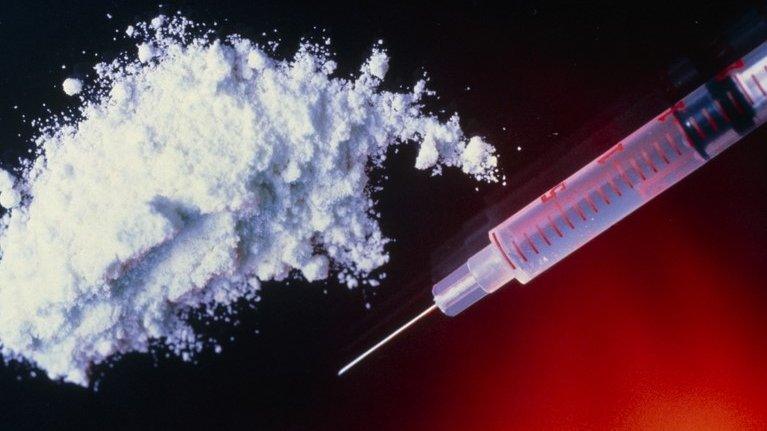MPs and Peers call for radical new approach to drugs laws
- Published
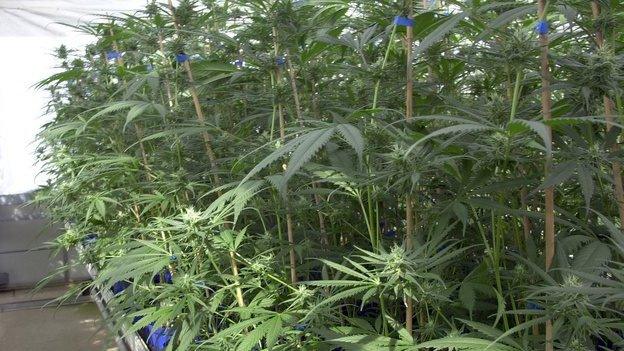
Should cannabis be decriminalised?
A group of MPs and Peers says legal cannabis markets should be tested and drug use decriminalised as part of a radical new approach to drug use.
The All Party Parliamentary Group for Drug Policy Reform wants an overhaul in global narcotics policy.
It says the "war on drugs" and "blanket prohibition" have failed.
The group also believes certain human rights laws could be used to claim that those who possess cannabis should not be treated as criminals.
Dangerous substances
In its report, the all-party group says, external that experiments into possible models for the regulated sale of marijuana should be encouraged among United Nations countries including the UK.
Co-chairman Lady Meacher wants ministers in the UK to try out a controlled system where licensed premises sell labelled and tested cannabis.
The idea is to control what is sold and undermine dealers who sell more dangerous substances. The results of the trial could then be evaluated.
Cannabis has already been legalised in some parts of the United States.
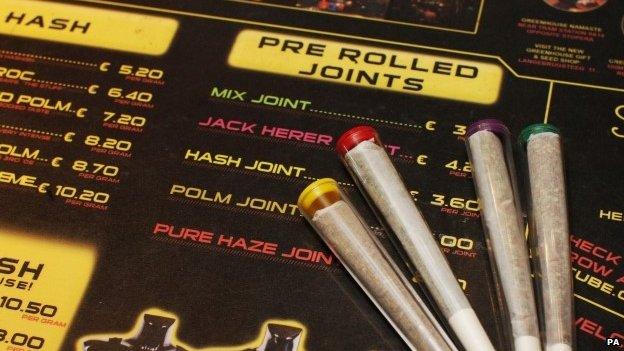
Call for cannabis to be regulated and sold
The United Nations drug conventions were originally drawn up in 1961.
The convention sets up the framework under which governments around the world pursue their drugs policies and punish offenders.
Human rights
The all-party group says a special UN meeting next year offers a unique opportunity to press for improvements to the system.
The group believes the current convention has led to many countries taking a prohibitionist approach.
But Lady Meacher, a crossbench peer, argues countries could do much more to pursue policies based on public health, human rights and welfare.
For example, she argues in some Latin American countries, a policy to use aircraft to spray and destroy coca crops, has led to the destruction of the crops that produce cocaine, but also left the land unusable for any other purpose with serious consequences for local people.
Instead she argues there is room for flexibility within the UN conventions, with states able to decriminalise the use of controlled drugs for personal use. Portugal for example has decriminalised drug use in 2001.
The report also says that any regulation of cannabis should reflect the supremacy of human rights laws.
For example, someone growing a small number of cannabis plants for modest personal use, could deploy their human right to "a private and family life" to avoid prosecution.
The report argues the Human Rights Act could be invoked to support the argument that the possession or purchase of small amounts of cannabis does not harm other people's rights and therefore should not be criminalised.
- Published18 March 2015
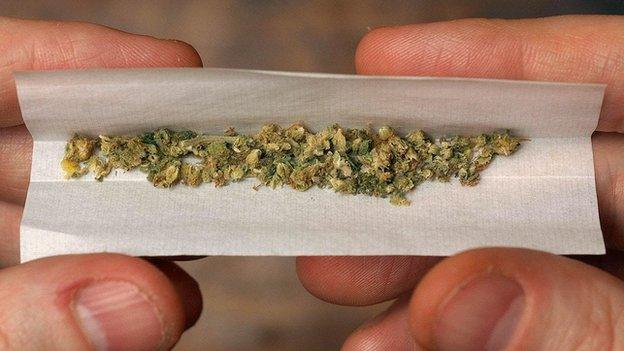
- Published30 October 2014
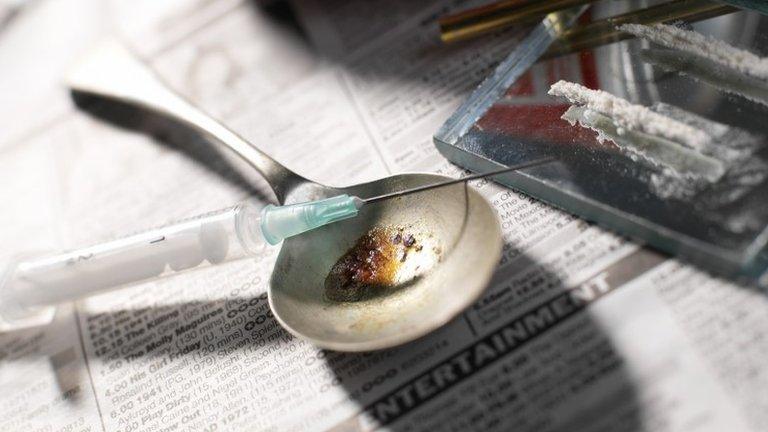
- Published5 September 2013
